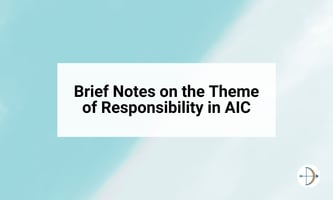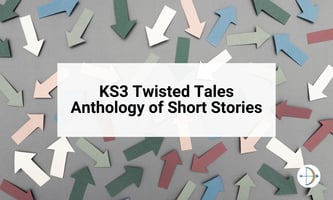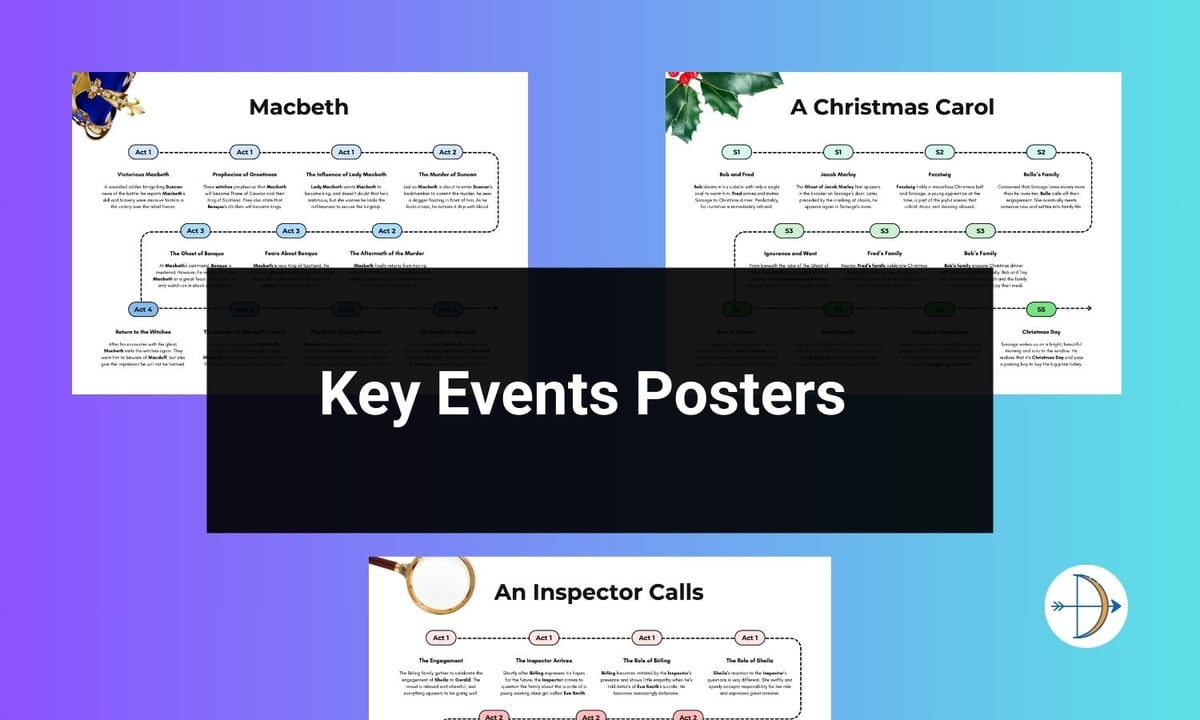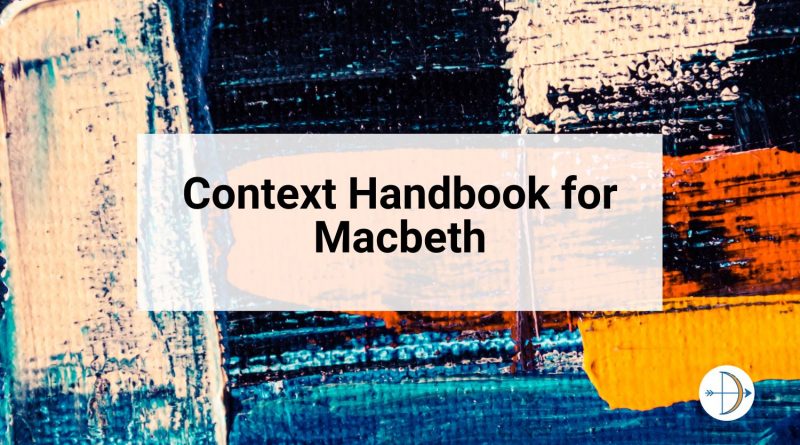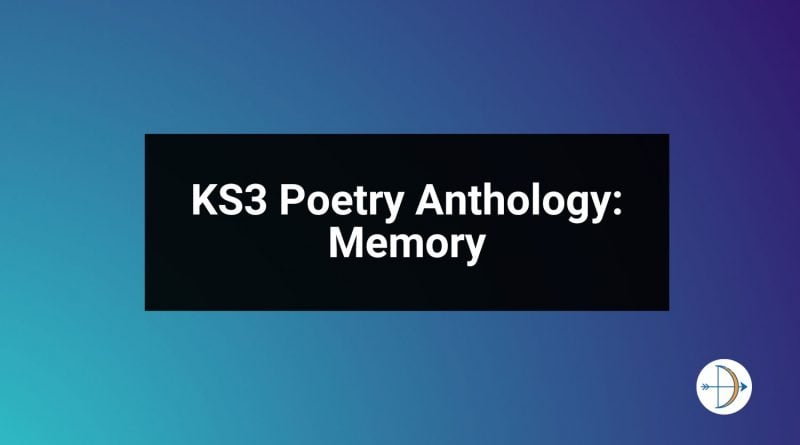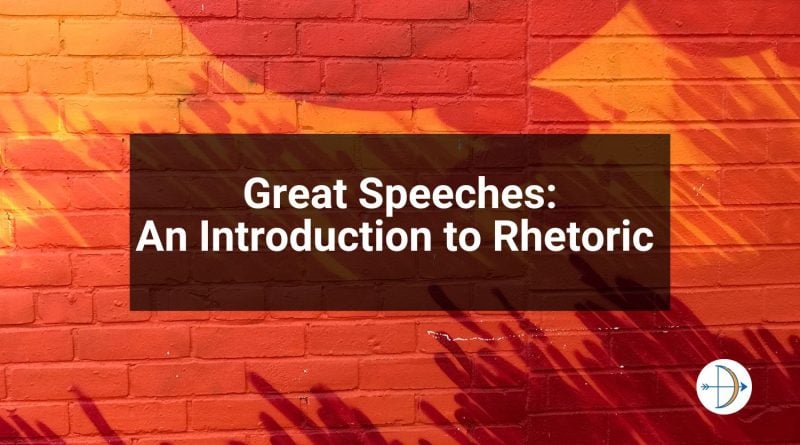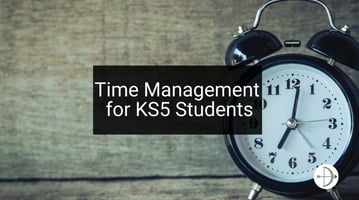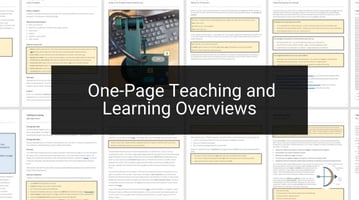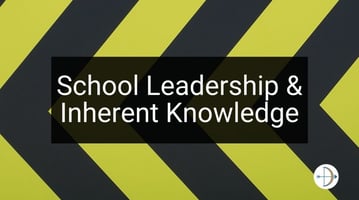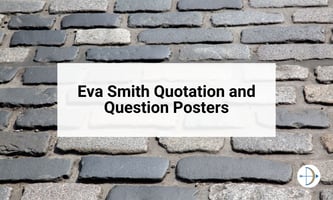
English Teaching Resources
KS3 and KS4 Teaching Resources
Use the search bar to find the resources you need
Hello English Teachers...
The majority of resources on the site are relevant for the teaching of English Language, English Literature and Literacy. KS3, KS4 and KS5 are covered. There are also resources that are useful for CPD and the leadership of Teaching and Learning, including blog posts and documents that I've used when I've presented at events like researchED.
Can't find what you're looking for? Get in touch at hello@douglaswise.co.uk
KS4 Teaching Resources
A range of resources for the core GCSE texts
An Inspector Calls
'You and I aren’t the same people who sat down to dinner here'
Featured KS4 Resources...
KS3 Teaching Resources
A range of resources covering popular KS3 texts
Drama
Resources for Shakespeare and modern plays
Non-Fiction
Resources for modern and pre-19th century texts
Featured KS3 Resources...
Subscribe to the Douglas Wise Membership
Join today to receive a monthly resource bundle
-
Take the stress out of planning and preparation
-
A bundle of resources delivered straight to your inbox each month
-
Guidance on how to use the resources and suggested ways to plan your curriculum
-
Free and priority access to webinars and other events
Join me on YouTube
Short videos with guidance on how I use the resources on the site
Teaching and Learning
Blogs covering curriculum, pedagogy and school culture
Join the newsletter
Receive updates on new additions to the site





